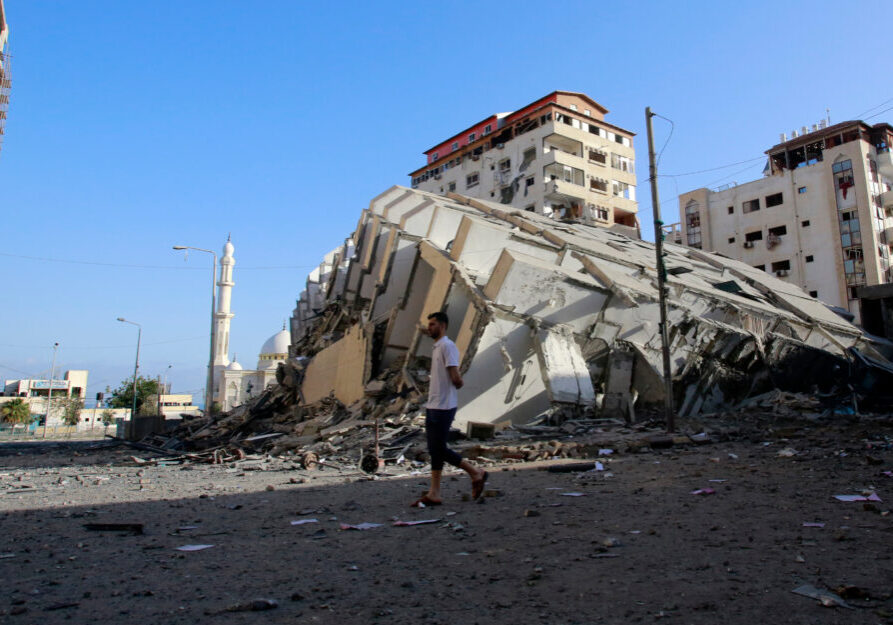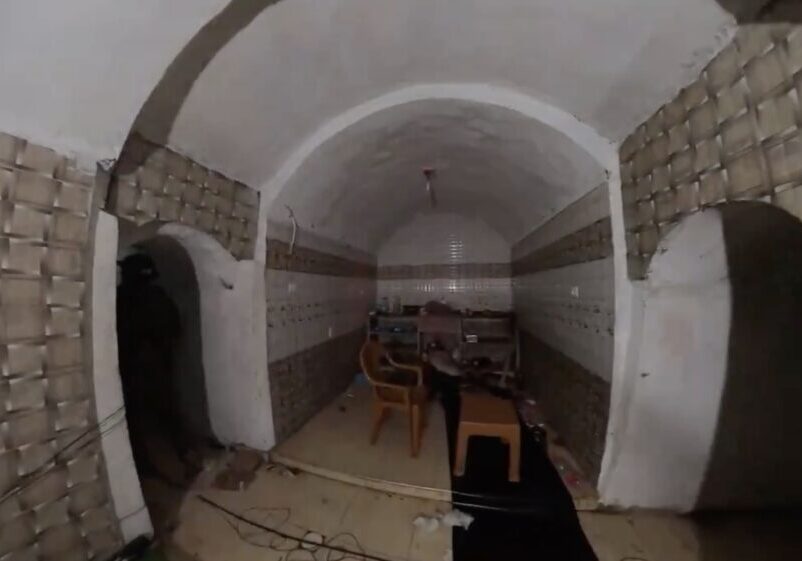Australia/Israel Review
Editorial: Make Haste Slowly to Annapolis
Nov 1, 2007 | Colin Rubenstein
![]()
Make Haste Slowly to Annapolis
The next Israeli-Palestinian peace meeting, originally scheduled for the end of November in Annapolis, but now possibly to be postponed, is generating headlines in Israel, the Palestinian Authority and around the world.
While any positive movement in the peace process is to be welcomed, it is imperative that observers approach this meeting soberly. Raising impossible-to-meet expectations will ensure the meeting will result in failure.
In the lead up to the event, the Israeli government has made clear it is hoping to sign a document with Palestinian Authority (PA) President Mahmoud Abbas outlining the broad parameters of a final peace agreement – without locking itself into any timebound or security-sensitive obligations – and setting up a negotiating framework for the key issues, to begin a process lasting perhaps at least one to two years. The reason is simple – it recognises the reality that even if the current PA leadership is determined to implement a peace agreement, it will most likely be unable to do so.
Not only do Abbas and Prime Minister Salam Fayyad lack control over the Gaza Strip, they have little loyalty within their own Fatah party even in the West Bank. Any agreement they sign that falls short of the full Palestinian demands, many of which are simply impossible for any Israeli government, of whatever stripe, to accede to, will likely cause a revolt in the Palestinian national movement. Nor is the politically weak PA in a position to coerce or entice dissenters to abandon violent opposition.
It is thus regrettable, though not surprising, that while Abbas has given the impression of flexibility in his many meetings with Israeli PM Ehud Olmert, his ministers have shown little sign of willingness to compromise in the lead up to the Annapolis conference. The entire Old City of Jerusalem has been demanded of Israel, as has the Palestinian ‘right of return’ for the descendants of refugees from 1948. PA Minister of Information Riyad al-Maliki recently said that US Secretary of State Condoleezza Rice would find “there is nothing the Palestinians will concede.”
Even more importantly, Abbas is demanding that, prior to the meeting, a detailed document be agreed on which not only settles all the complex issues of Israel-Palestinian peace, such as borders, Jerusalem and refugees, but sets a firm timetable for implementing that agreement. While there are understandable reasons, rooted in Palestinian politics, why he seeks this, it is nonetheless futile to ask the impossible.
While much media discussion has centred on just how much Israel will offer the Palestinians at the upcoming talks, Israel also needs assurances that the real and painful concessions it is being asked to make will actually lead to a genuine end to the Arab-Israel conflict. Given the state of Palestinian society at the moment, there is no way Abbas can credibly offer such assurances.
Instead, Annapolis must begin a process which can help bring about the conditions where such a final resolution becomes feasible. This means the best way forward is, as Israel proposes, an agreement on general principles for a peace settlement, including a program of confidence-building measures and interim arrangements, leading to a negotiation process alongside Palestinian reform and institution-building (which US Vice President Dick Cheney has stipulated is the main purpose of the Annapolis meeting and which is the primary task of new Quartet envoy Tony Blair.)
One of the reasons the Annapolis meeting idea was originally suggested by Washington was in the hope that regional Arab states would attend and sign on to a program to shore up the Fatah-ruled PA at the expense of Hamas (already waning significantly in the polls). Indeed, Israeli Foreign Minister Tzipi Livni, who will represent Israel at the conference, stressed the central importance of this support from the Arab and Muslim worlds during a meeting in her office on Oct. 18 with a group of visiting senior Indonesian journalists, in which I also participated.
Unfortunately, despite the awareness by many of the more moderate Arab states that they now share a common interest with Israel in attempting to face down the Iran-Syria-Hezbollah-Hamas axis and stablise the Palestinian situation, Arab politics is still breeding reluctance.
Syria has made clear it will not go to Annapolis unless its focus is shifted from arrangements with the Palestinians to an agreement by Israel to hand over the entire Golan Heights something Israel has offered to discuss with Syria numerous times, only to be repeatedly rebuffed.
Saudi Arabia, threatened by accusations likely from Syria and others that any contact with Israel makes it a traitor to the Arab cause, is now saying that it won’t go unless Israel and the Palestinians have an all-but-signed final peace agreement to take to America. Not only is this currently impossible, but Arab support is needed precisely to help achieve the conditions for such a final peace deal to be viable – in terms of both political cover for Palestinian concessions, and concrete assistance for Palestinian institution-building.
Recent polls show, encouragingly, that most Palestinians are prepared to support a two-state resolution. Similarly, polls of Israelis have for years shown a consistent large majority for such an outcome if it means real peace. However, polls also show that both sides remain pessimistic about the prospects of Annapolis.
If by this pessimism those surveyed meant to express that the prospects for Annapolis making a major breakthrough toward peace are small, they are quite correct. But that is because this was never its intended purpose. However, with realistic goals – as one milestone in a longer process, based on a clear-eyed assessment of where things stand, where they need to get to, and what will help bridge the difference – Annapolis is a project well worth pursuing.
![]()






